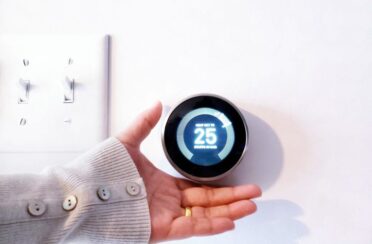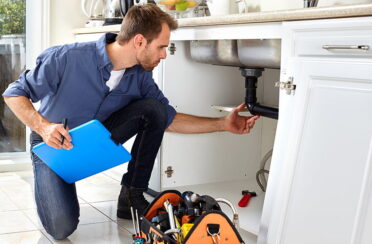As savvy consumers, we generally want to know what we’re getting for our money. The same holds true for HVAC products. When consumers buy air filters, they want to know what the product will do and how it will perform. Minimum Efficiency Reporting Value, or MERV, was developed by the American Society of Heating, Refrigeration and Air Conditioning Engineers (ASHRAE) to inform consumers of the efficiency and airflow of air filters and to allow them to compare products.
A filter is designed to allow air to pass through its material, but at the same time trap particles. Filters are rated according to their ability to trap pollutants that range in size from 0.3 to 10 microns (human hair is about 20 microns), which makes the filters highly capable.
MERV 1-4 air filters are inexpensive; an example is a disposable fiberglass filter for the furnace.
MERV 5-13 are medium-range filters that are pretty good at removing particles that are small and large. Filters in this range are quiet and have a higher rate of air flow (as opposed to a HEPA filter, due to lower airflow resistance).
MERV 13-16 filters are about 75 percent efficient, trapping particles from 1.0 to 0.3 microns.
MERV 17-20 HEPA air filters capture the smallest of particles, and they are 99.97 percent efficient.
To assess efficiency, you have to take circulation and time into account. When filters work in conjunction with HVAC equipment, air is constantly re-circulated through the system and the filter. Therefore, a 75 percent MERV-rated filter actually does a pretty good job of trapping particles because each time the air passes through, the material becomes denser, and it catches more and more particles. As a result, the air filter generally becomes more efficient over time.
Keep in mind that higher-rated filters might not work best with your system, due to circulation and time factors. You can determine the best filter from the manufacturer’s system guide or your HVAC contractor. The air quality experts at Arpi’s are here to help. Call us with your air filter questions.
Our goal is to help educate our customers about energy and home comfort issues (specific to HVAC systems). For more information, click here to download our free Home Comfort Resource guide.
Arpi’s services Calgary, Alberta. To get started, check out our website or see our special offers.


